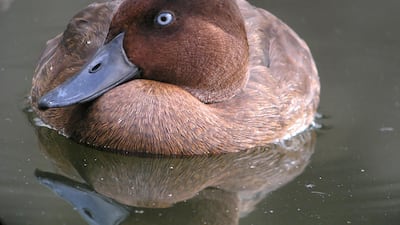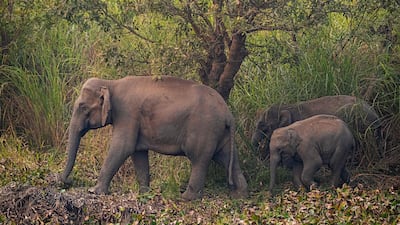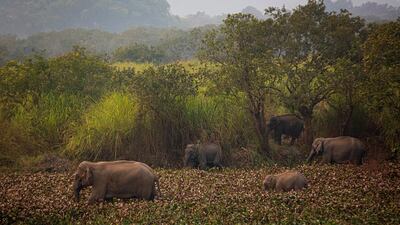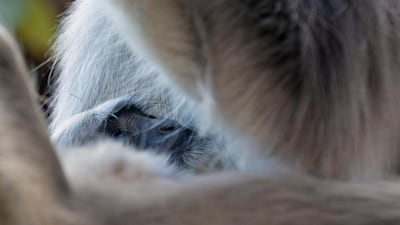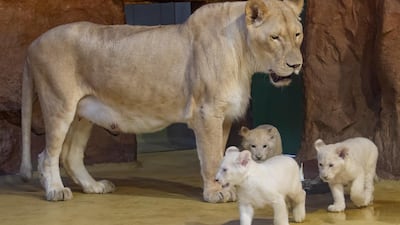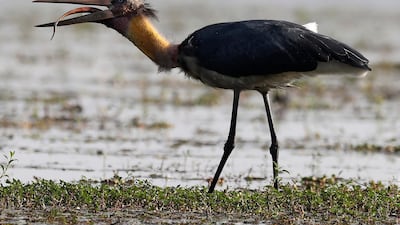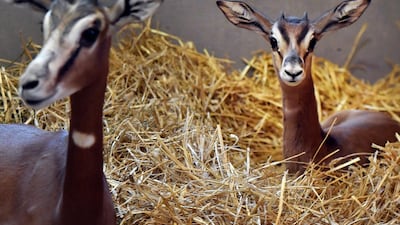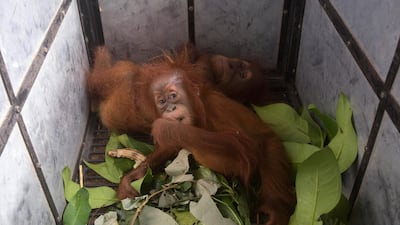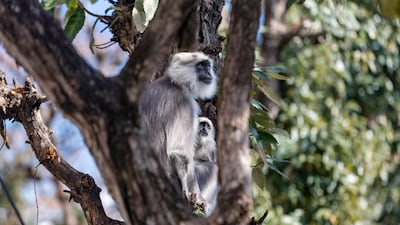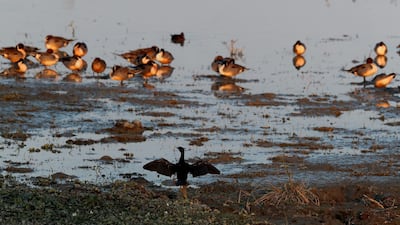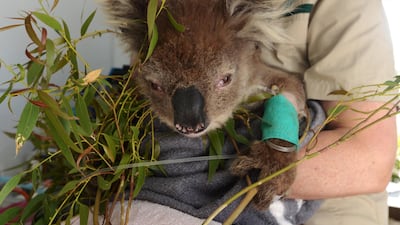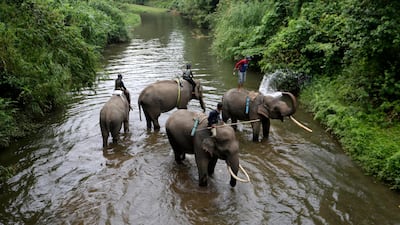The world’s rarest duck is in luck, having fought back from the brink of extinction thanks to a major cash boost from Abu Dhabi.
Significant funding from the Mohamed bin Zayed Species Conservation Fund is helping the Madagascar pochard move out of troubled waters and waddle towards a brighter future.
Efforts to reinvigorate the species’ population were buoyed when 12 ducklings were seen at the remote Lake Sofia, in northern Madagascar.
The species was thought to be extinct until as recently as 2006, when a few ducks were discovered in another small lake.
Some were taken into captivity in 2009 for a breeding programme and a suitable site for their release was selected.
The Wildfowl and Wetlands Trust in the UK and the Jersey-based Durrell Wildlife Conservation Trust managed the project with the Aga Khan Foundation and Madagascar’s Ministry of the Environment.
Lake Sofia was chosen to reintroduce the species into the wild, and was designated as a protected site under the international Ramsar Convention on preserving wetlands.
Twenty-one captive-bred pochards were released in December 2018.
The discovery of the ducklings this early came as a surprise to scientists, who were not expecting the development to occur for at least another two or three years.
“Reintroduced animals normally take a while to settle into their new site, and first breeding attempts are often unsuccessful, so this is a wholly unexpected but very welcome development,” said Peter Cranswick, the Wildfowl and Wetlands Trust’s project manager.
“We celebrate each time we cross a threshold in this project, and the first breeding in the wild is very significant.
“But it only reminds us that the next huge task has begun, and it will take several years of learning from these birds before we can be confident that we understand their needs fully and how to restore the lake.”
News of the successful development in Africa was welcomed in the UAE.
“We are delighted to hear the news of this important step forward in securing the future of the Madagascar pochard,” said Razan Al Mubarak, managing director of Mohamed bin Zayed Species Conservation Fund.
“Our grant programme is focused on conservation projects devoted to the saving of individual species. With the Madagascar pochard being the rarest duck in the world, it was an obvious choice for us to support this project.”
A monitoring team based at the lake for the past year will continue to observe the ducklings as they seek to overcome many challenges, including the scarcity of food and cyclone season, which is currently in full swing.
